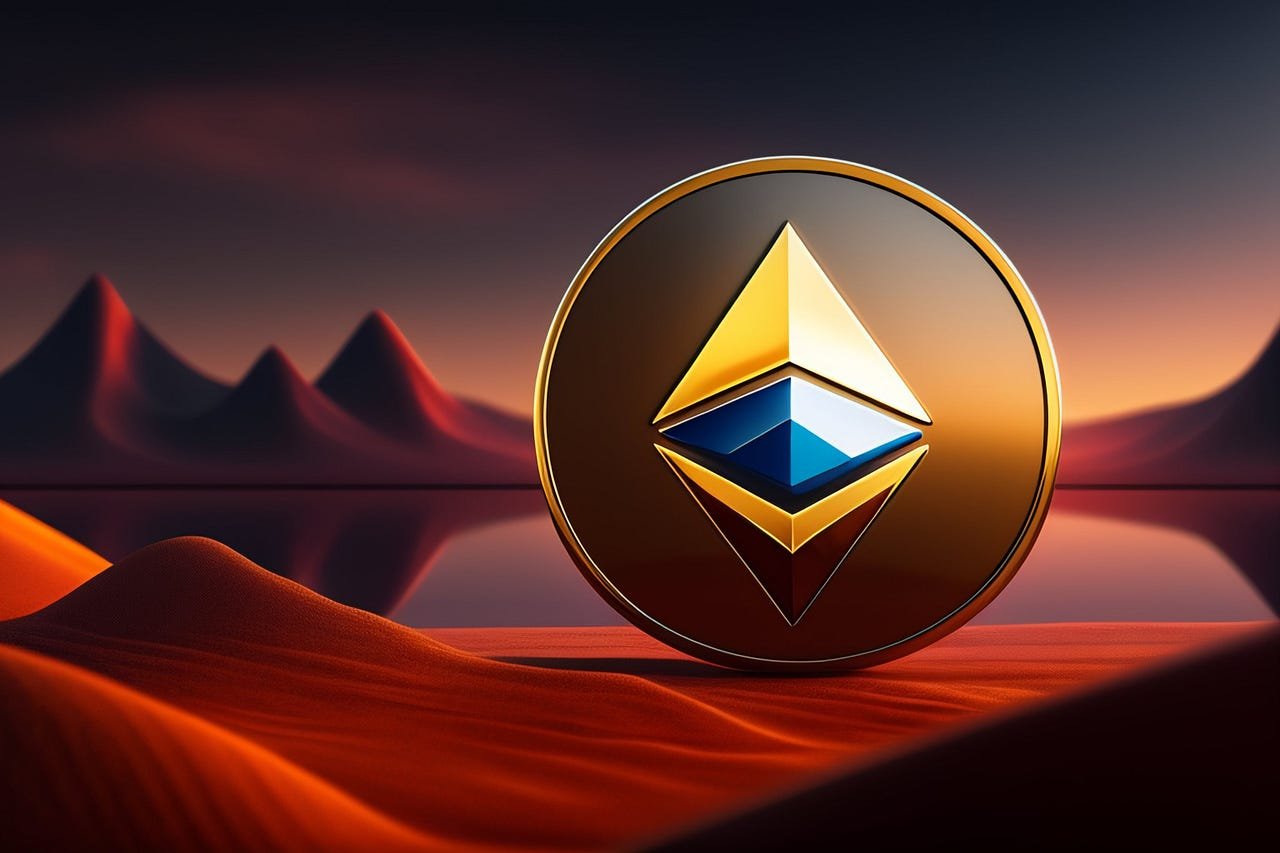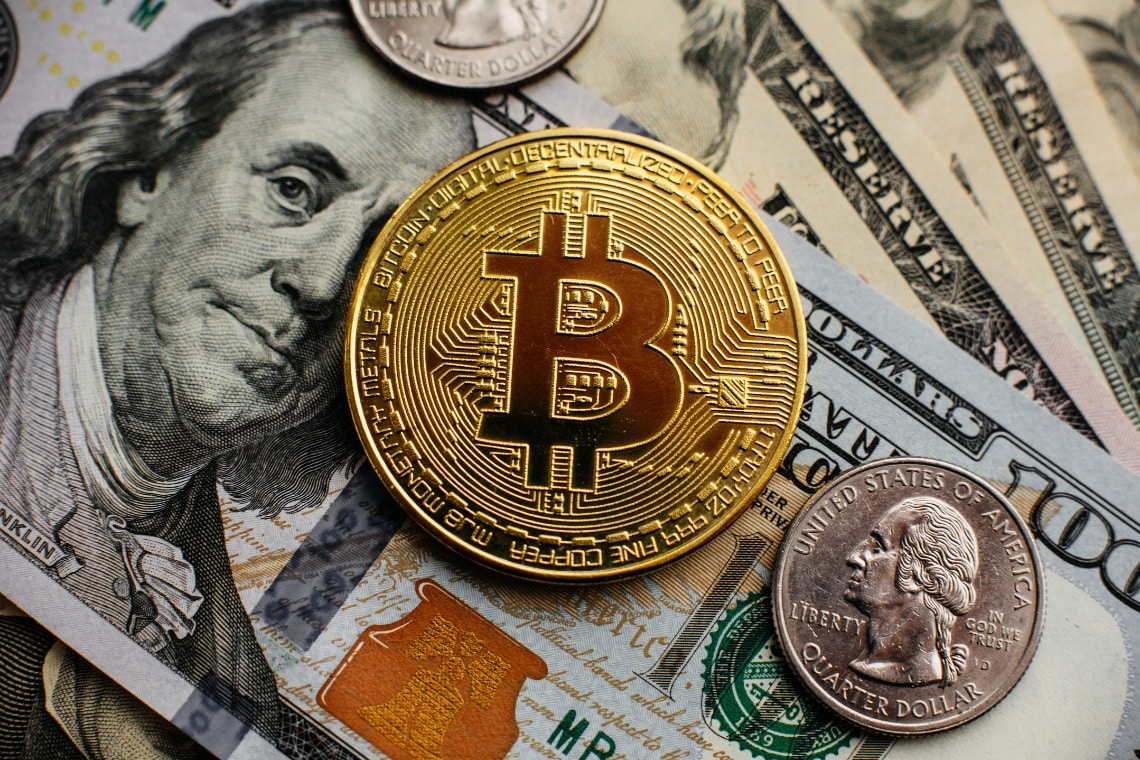What is the recent popular Staking, is it worth investing?
“It’s not important to judge right or wrong. What’s important is how much profit you get when you are right, and how much you lose when you make a mistake.”
Article introduction:
1. What is the pledge economy?
2. What are the currencies that support the pledge economy?
- Listed company tracking | Zhongan Online: Pushing insurance products to pass
- The first launch of Cosmos exposed a high-risk vulnerability, will be hard fork upgrade at block height 482100
- US state insurance giant State Farm and USAA test blockchain insurance claims platform
3. Is the pledge economy worth investing? And how to participate?
1. What is the pledge economy?
Recently, the coin circle has become a term “Staking economy”, and the translation is the pledge economy.
This should be another new term that emerged after the “pass-through economy” last year. Compared with the generalized economy, the pledge economy is actually much more important to the interests of our ordinary investors.
So today I will share with you what is the pledge economy and how is it invested?
The pledge economy is also a kind of mining in nature, but it is different from what we usually call bitcoin mining and Ethereum mining.
Bitcoin, Litecoin, Ethereum, BCH and other digital currencies are all digital money based on proof of work (POW). Therefore, under this mechanism, new currencies are generated, so there are various kinds of Mining machine. At present, the most popular, the highest market share is the bite mainland mining machine.
When we want to participate in the mining of these digital currencies, we usually go to the market to buy mining machines, and then find the machine room or host the mining machine to the large mine on behalf of the operation. The coins that the mining machine digs every day to remove electricity and operating expenses are pure income.
“Staking” is another way of mining. This type of mining is usually used in digital currencies based on proof of interest (POS) and proof of proxy (DPOS).
In this mining method, the nodes in the blockchain system do not need too high computing power, but only need to pledge a certain amount of tokens. After running for a period of time, new currency can be generated, and the new currency generated is The proceeds from pledge.
This is equivalent to the fact that we have money in the bank and we can get a certain amount of interest every year.
2. What are the currencies that support the pledge economy?
Last year's EOS main online line, the main node voted officially opened the prelude of Staking.
And what really makes this way hot is 2019 this year. A series of digital currencies that have been mined by pledges have been launched this year. On the one hand, the project side has carried out extensive publicity in order to recruit nodes, and other powerful operators are also willing to cooperate with the project side as a node to obtain stable income.
Therefore, the pledge economy is rapidly heating up inside and outside the circle.
3. Is the pledge economy worth investing? And how to participate?
So is the pledge economy worth investing? I think it's worth it, but be sure to find a currency with a solid background and a strong team. And for long-term investors, choosing a long-term pledge of a project to obtain stable income is a very suitable investment method with our investment philosophy.
So how do we participate in the pledge economy to get the benefits for our investors?
In general, each digital currency project that mines through POS or DPOS will launch its own official wallet for investors to pledge and node commission. But relatively speaking, the operation on the official wallet is not necessarily convenient.
Many tool-based wallets now also offer node pledge services, such as Imtoken, Cobo, and so on. You can put your own money into these wallets and then commission the nodes.
So is the pledge method safe?
The ownership of digital currency is determined by the private key. At any time, as long as the private key is not leaked, the currency is safe. If the pledge is to entrust the equity to the node, and does not need to give the private key to the node, you don't have to worry too much about the security of the coin. If the pledge is to hand over your own currency to a third-party escrow, security will definitely be discounted.
In general, pledge operations have two things:
One is pledge through an official wallet or a decentralized wallet such as Imtoken. Well, this is just a coin commission on the equity level. In the process, the private key will not be revealed, so your currency is still safe.
Another situation is to put the coins in a centralized wallet or mine pool, such as a fire coin pool. This kind of centralization is equivalent to temporarily storing your own currency to the other party for your custody, so in this case, if the other party has a problem, your currency may be lost, so you should try to find credibility at this time. Good big institution.
We will continue to update Blocking; if you have any questions or suggestions, please contact us!
Was this article helpful?
93 out of 132 found this helpful
Related articles
- Ethereum Layer 2 Expansion Plan: Status Channel, Plasma, and Truebit
- JPMorgan expands the Zether protocol or develops new privacy features for the Quorum project
- Opinion: Please pay attention to "application governance", which is the top of DApp's Achilles
- 2 hours of brainstorming, ant experts and more than 40 CEOs' exchange essences, here are the ants ant blockchain contest Chengdu Road Show, hot collection
- Babbitt column | Blockchain ecological governance needs to evade those pits
- Microsoft's distributed digital identity system decryption
- Ma said: Star points, you can poke the original






